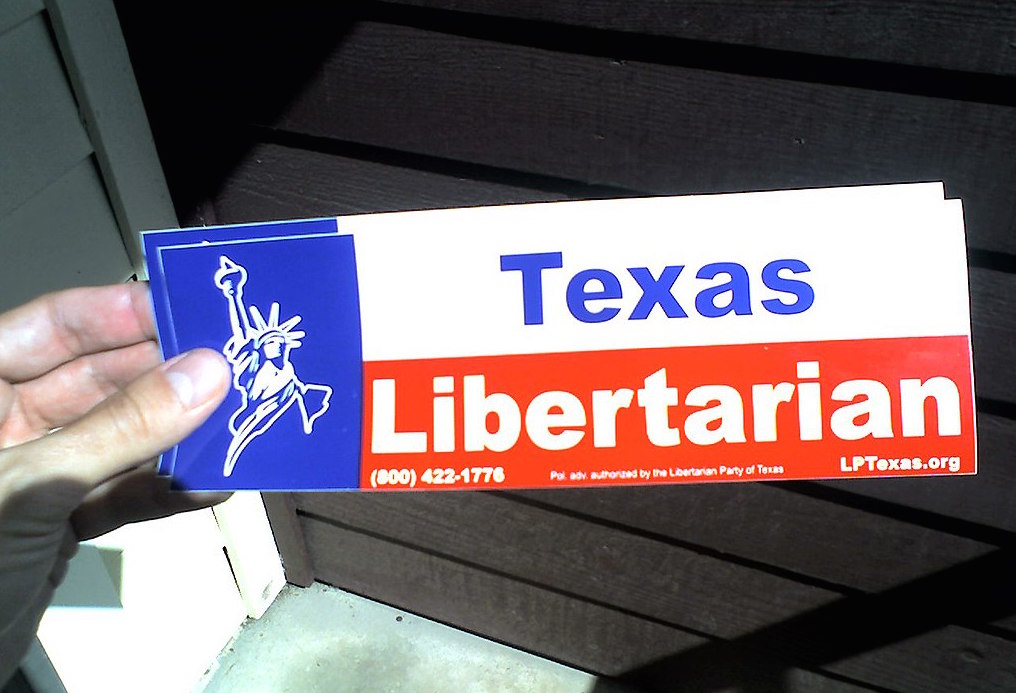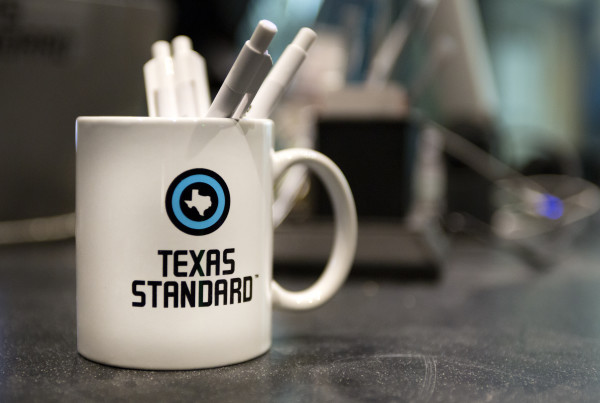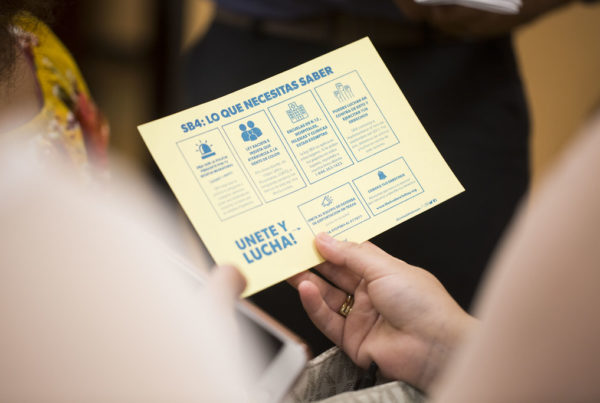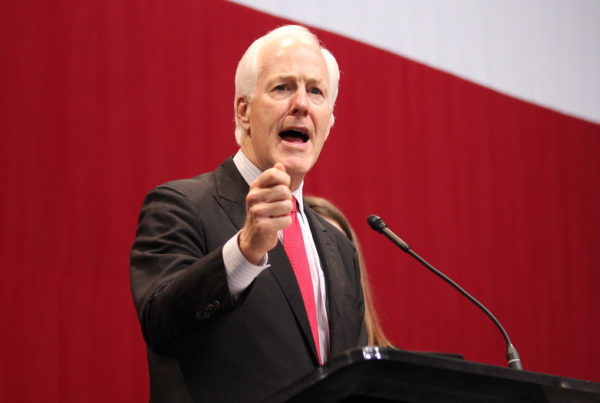As Texans gear up for the 2020 elections, some hopeful candidates are struggling to get on the ballot. As a result, the Libertarian and Green Parties and others have sued the Texas secretary of state’s office, alleging election laws in Texas discriminate against third-party and independent candidates.
Mark Jones is a political science fellow at Rice University’s Baker Institute, and says candidates who want to get on the ballot for the governor’s race, for example, but who haven’t won enough votes in past elections, have to get signatures from the public.
“You need 1% of what the total vote for governor was back in 2018, which would be 83,717,” Jones says.
But he says that can only happen during a short period of time after the 2020 primaries, and signatures can only come from registered voters who don’t vote in that primary. And there’s other restrictions.
What you’ll hear in this segment:
– What it takes for independent and third-party candidates to get on the ballot
– Why nonmajor political parties are suing Texas now, and what they hope to gain
– How likely it is that the plaintiffs will succeed
Written by Caroline Covington.

















